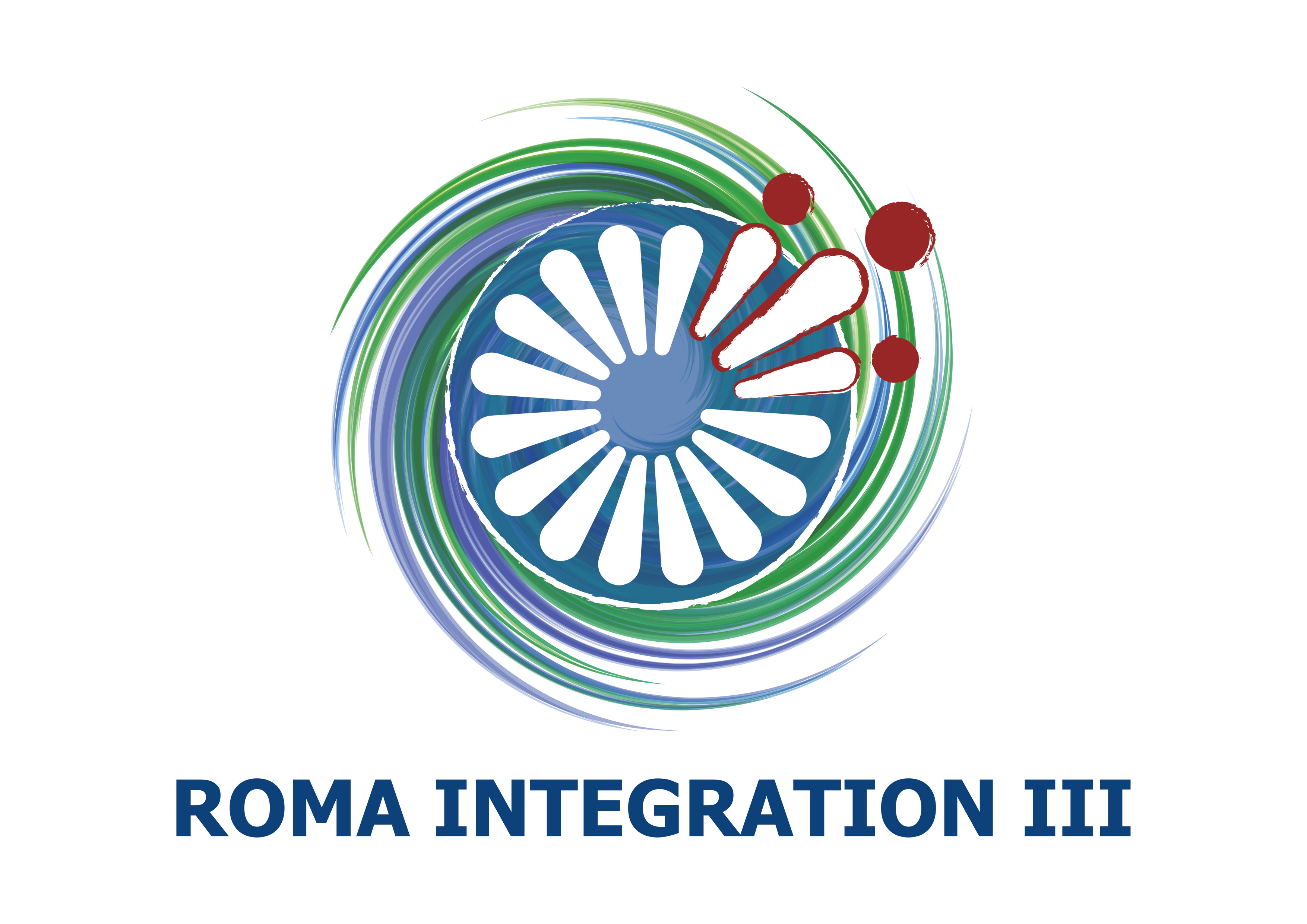About the Roma Integration programme

Roma Integration Phase III is a Joint Programme of the European Union (DG ENEST) and the Council of Europe. It aims to strengthen the capacity of governments in the Western Balkans and Türkiye to effectively address the multifaceted challenges faced by the Roma communities.
Specifically, the programme aims to enhance the capacities of the beneficiary governments in developing and implementing effective strategies and policies that promote social inclusion, equal opportunities, and improved living conditions for the Roma population. The initiative focuses on improving public policies in critical areas such as housing, employment, civil registration, and facilitating the green and digital transition. By bolstering these key policy areas, the project seeks to foster positive changes and create a more inclusive society for the Roma community in the region.
The programme will also assist the progressive implementation in the Western Balkans Beneficiaries of the “EU Roma Strategic Framework for Equality, Inclusion and Participation 2020 - 2030”; the 2019 Declaration of Western Balkans partners on Roma integration within the EU enlargement process (Poznan Declaration) and subsequent commitments made by the governments at the annual ministerial meetings and endorsed within the Berlin Process Summits; and progress on fulfilment of Roma inclusion commitments taken under the negotiations Chapter 23. The programme will also ensure that the necessary capacity is built at central level for the proper implementation, budgeting, monitoring, and reporting, the reinforcement of the co-operation with local authorities and the progressive alignment with all elements of the EU Roma inclusion policy.
The programme will primarily focus on three areas of support:
- Mainstreaming of Roma issues in relevant public policies and the fighting against antigypsyism;
- Support to Roma socio-economic integration and Roma equality in the areas of housing, education, employment, health, civil registration, and in the green and digital transition;
- The reinforcement of the institutional capacities of the governments to tackle challenges faced by Roma.
The programme will be implemented in seven Beneficiaries: Albania, Bosnia and Herzegovina, Montenegro, North Macedonia, Serbia, Türkiye and Kosovo*, with the duration of 3 years (1 May 2023- 30 April 2026) and is co-financed by the European Union and Council of Europe and implemented by the Roma and Travellers Team, Council of Europe.
This initiative represents a continuation of the preceding two phases implemented by the Regional Cooperation Council, co-funded by the European Union and Open Society Foundations. The aim of the Phase III of the programme is to further advance the integration and empowerment of the Roma community by addressing critical issues they face.
The programme is based on the Council of Europe's Human Rights Approach principles, focusing on participation and inclusion, equality and non-discrimination, accountability, transparency, and access to information.
________________________________________
*This designation is without prejudice to positions on status and is in line with UNSCR 1244/1999 and the ICJ Opinion on the Kosovo Declaration of Independence.


